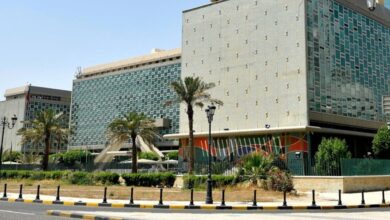Kuwait faces economic challenges: Government report highlights key issues and recommends solutions

A recent government report has shed light on pressing challenges in Kuwait’s economy, prompting a call for radical and sustainable solutions. The report underscores that the current rentier nature of the Kuwaiti economy poses a significant future challenge, with 80% of total annual expenditures allocated to the state’s general budget spent on salaries and subsidies. This trend is anticipated to result in an expected deficit in public spending on salaries and subsidies in the medium and long term, reported Al-Qabas Daily.
The report reveals that public spending percentages increased successively from 2010 to 2019. Although 2020 witnessed a decline due to the COVID-19 pandemic, public spending rates rose again in 2021 and 2022, coinciding with the gradual recovery of the Kuwaiti economy.
Demographically, the years 2020 to 2022 saw a decline in demographics, with the percentage of foreigners decreasing to 66%, and citizens increasing to 34% of the total population. The government initiated serious reforms to address demographic imbalances, including the implementation of the biometric fingerprint system, the introduction of smart worker IDs, and the formation of the National Committee to Regulate Demographics in May 2023.
Applying future oil price scenarios to the local labor market revealed certain indicators unaffected by global oil price fluctuations. Despite fluctuations, the growth rate of the Kuwaiti population, the national workforce in the private sector, and the total workforce in the government sector displayed consistency in the medium term.
In the optimistic scenario for oil prices, nominal GDP is expected to increase by approximately 10% compared to 2022. However, citizens’ reluctance to work in the private sector persists due to factors like lower wages, job instability, and long working hours.
The report suggests various recommendations, including transferring activities from the public to the private sector through privatization, increasing public-private partnerships, and developing large-scale, efficient economies in priority sectors. Other recommendations focus on improving the business environment, supporting foreign direct investment, and enhancing workforce skills in the transition to a knowledge-based economy. The report calls for a comprehensive approach to address challenges and bolster Kuwait’s economic resilience.















